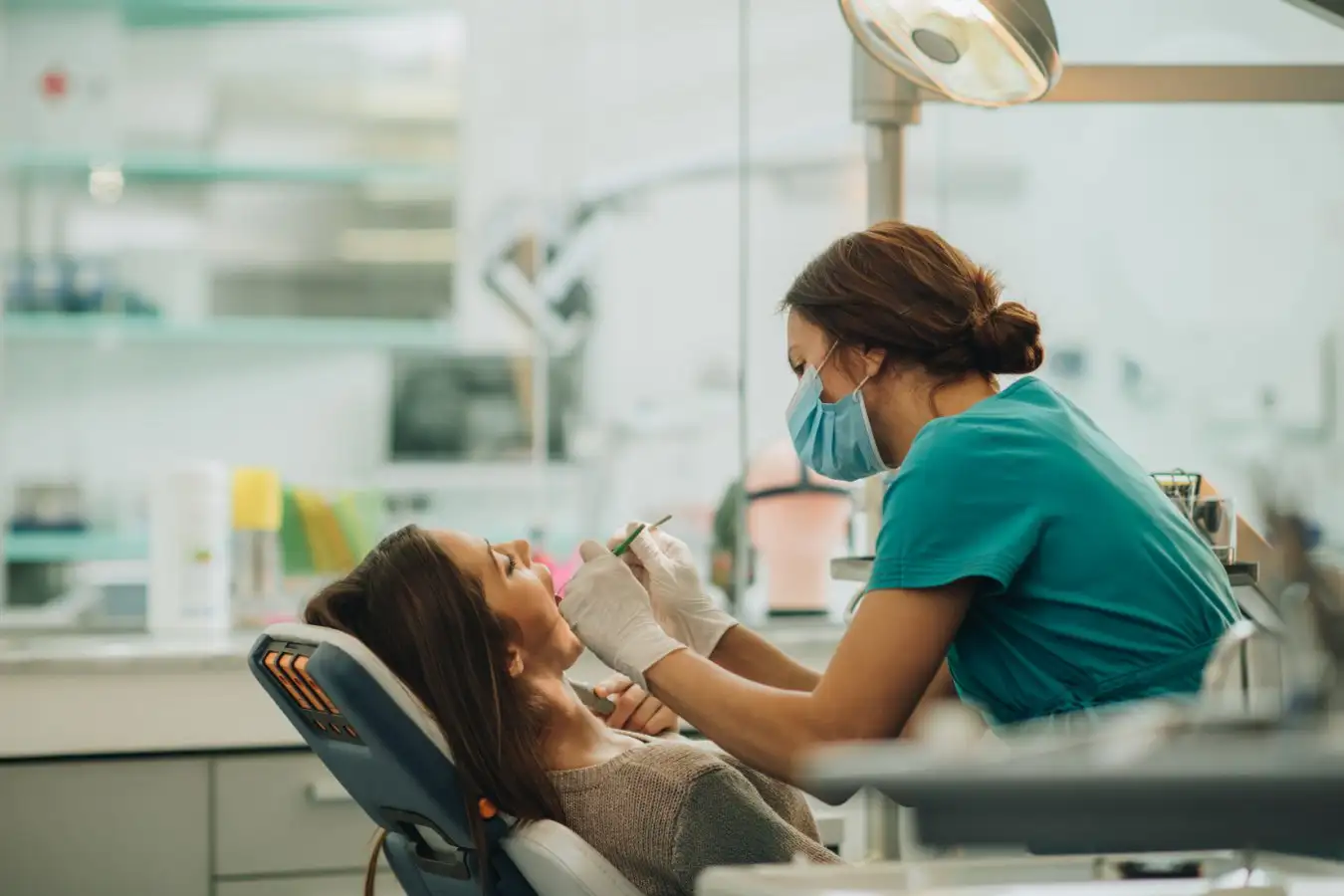Oral Microbes: A New Link to Cancer Risk Uncovered
Recent research is shedding light on a surprising connection between the microbes in our mouths and the risk of developing certain types of cancer. As science delves deeper into the role of bacteria, viruses, and fungi in the human body, studies increasingly suggest that the microorganisms in our oral cavity could contribute to the development of cancer. This growing body of evidence highlights the importance of maintaining good oral hygiene and suggests that the mouth might be a critical entry point for understanding and preventing cancer.
The Surprising Role of Oral Microbes in Cancer Development
For years, scientists have known that the bacteria in our bodies play a role in our overall health, but new findings are now linking these microorganisms to more serious conditions, including cancer. Research suggests that an imbalance in the microbial community of the mouth—also known as the oral microbiome—may contribute to the development of cancers such as pancreatic, colorectal, and even oral cancers.
The connection is complex. Certain types of bacteria found in the mouth produce toxins that may promote inflammation or damage tissues over time. Chronic inflammation is a known risk factor for various forms of cancer. Additionally, some oral bacteria may enter the bloodstream through tiny cuts or inflamed areas in the gums, potentially traveling to other parts of the body, including the pancreas, liver, and even the colon.
Understanding the Oral Microbiome
The oral microbiome is made up of a variety of bacteria, viruses, and fungi that naturally reside in the mouth. While many of these microorganisms are harmless or even beneficial, others can become pathogenic when the balance of the microbiome is disrupted. Factors such as poor oral hygiene, smoking, a high-sugar diet, and chronic gum disease can lead to an overgrowth of harmful microbes, increasing the likelihood of inflammation and infection.
Certain bacteria, like Fusobacterium nucleatum, have already been identified as potential cancer promoters. This particular microbe has been associated with colorectal cancer, and its presence in the mouth may contribute to the cancerous process when it spreads to the intestines. Researchers have found that these harmful bacteria could even change the way the immune system responds to tumors, potentially creating an environment more conducive to cancer growth.
The Link Between Oral Health and Cancer Risk
One of the most startling findings of recent studies is that poor oral health could be a significant risk factor for developing cancer. People with gum disease, poor oral hygiene, and conditions like periodontitis (chronic gum inflammation) are more likely to have an imbalanced oral microbiome, which in turn can increase their cancer risk.
Maintaining a healthy oral microbiome may therefore be a critical step in cancer prevention. Routine dental check-ups, brushing and flossing, and maintaining a balanced diet rich in antioxidants can help keep the harmful bacteria in check and promote a healthier mouth. In fact, scientists are now exploring whether improving oral health could serve as an effective strategy in reducing cancer risk.
Potential Impact on Cancer Prevention
If the link between oral bacteria and cancer risk is confirmed, it could have wide-reaching implications for cancer prevention and treatment. One potential outcome of this research could be the development of targeted therapies that focus on regulating the oral microbiome to reduce cancer risk. For example, probiotics, antibiotics, or specific oral hygiene products might be used to restore balance to the microbiome and lower the levels of harmful bacteria.
Additionally, identifying specific bacteria or oral pathogens associated with cancer could lead to earlier detection and diagnosis. Non-invasive tests that detect the presence of certain oral microbes might serve as a screening tool for individuals at higher risk of developing cancer.
The Road Ahead: More Research Needed
While these findings are promising, experts caution that more research is needed to fully understand the complex relationship between oral microbes and cancer. Studies must identify which specific bacteria are most implicated in cancer development and explore the precise mechanisms by which they contribute to the disease. As our understanding of the oral microbiome continues to evolve, it may become possible to develop new strategies for preventing or even treating cancer before it becomes life-threatening.
In the meantime, maintaining good oral health remains an important factor in overall well-being. Regular brushing, flossing, and professional cleanings, along with avoiding tobacco and managing diet, can go a long way in preventing harmful bacterial growth in the mouth—and may just help reduce your cancer risk as well.
OralHealth, #CancerPrevention, #MicrobesAndCancer, #MouthBacteria, #CancerResearch, #OralBacteria, #Microbiome, #HealthScience, #PreventCancer, #GutAndMouthHealth




+ There are no comments
Add yours